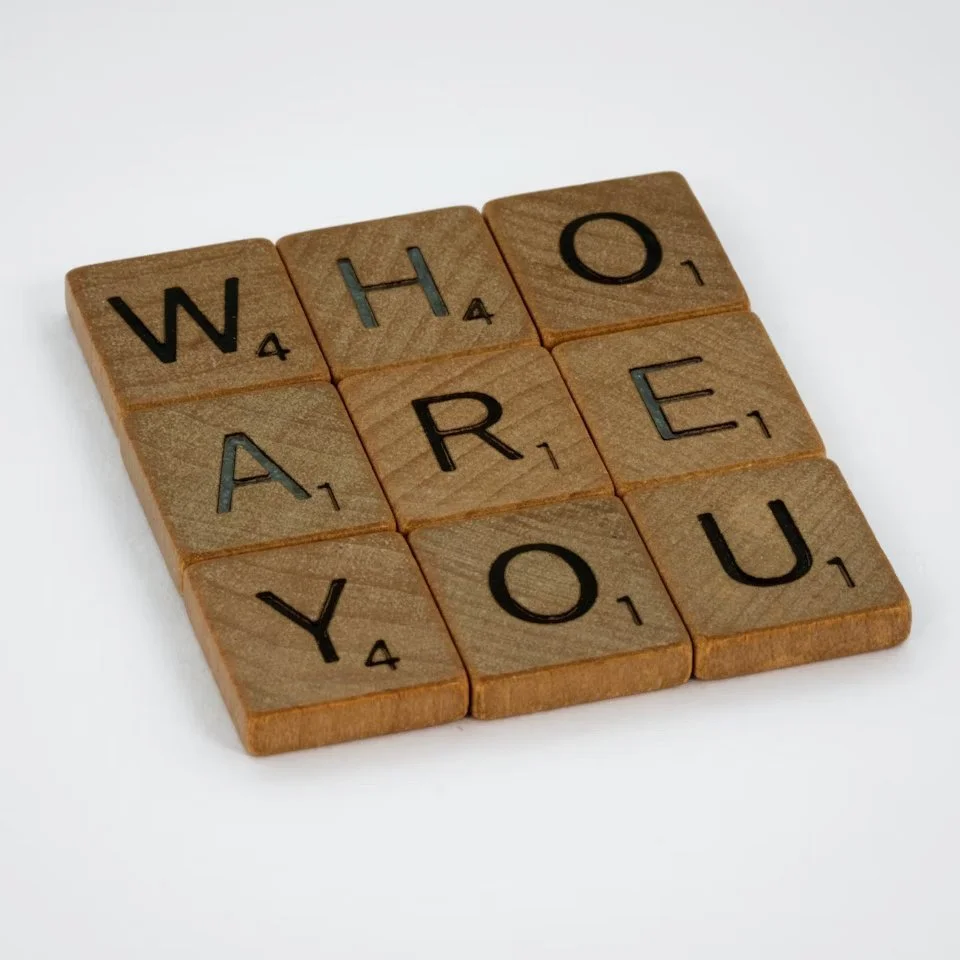I Identify
How do you identify? It’s a common question today. I recently received an email from a company that I was doing contract work with, and the names on the email were all followed by parentheses with he/him or she/her to identify whether that person preferred male or female pronouns. Instead of accepting the gender “assigned at birth,” people want to choose whether they are male or female. And the whole of their identity seems to be wrapped around this idea: their self-defined gender is who they are. But gender is just a small piece of this chaotic picture of modern identity.
The American Lifestyle
We highly value our individuality in this country. As a result, the practice of individualism has become prominent in the US. In this pervasive philosophy, what YOU want to do and how YOU want to do it takes precedence over everything else. One of the prevalent ideas to result from this trend is “my truth is not necessarily your truth.” In John 14:6, Jesus said, “I am the way, the truth and the life, and no one comes to the Father, but by me.” He didn’t say “I am a truth,” or “This is my truth.” He really didn’t leave any room for anyone else’s ideas of truth.
Many of us identify by our professions. Maybe that’s because we spend so much time at our jobs, we begin to think that the act of working defines us as a person. Perhaps this is why people who are retired sometimes have a difficult time adjusting to no longer being “that person.” Even worse, we live in a society that deems some professions as more important than others, and even elevates those in the “higher” professions to be more important people.
“Identifying ourselves by our possessions does not fit with God’s plan. Reality says the more you have, the more you will want, and your desire for more can never be satisfied. God doesn’t want us to identify with things of this world.”
The result of this is a lifestyle in the US that is grounded in consumerism. Ingrained in our society is the idea that well-being and happiness depend on obtaining consumer goods and material possessions. The more you own, the happier you’ll be. But reality says the more you have, the more you will want, and your desire for more can never be satisfied. This has manifested into the very popular “prosperity doctrine,” the idea that having more wealth indicates a highly favored status with God. But in Matthew 6:19 & 20, Jesus said, “Do not store up for yourselves material treasures on earth, where moth and rust destroy, and where thieves break in and steal. But store up for yourselves treasures in heaven, where neither moth nor rust destroys, and where thieves do not break and steal.” He goes on to say in verse 24 that we cannot serve God and money. So, identifying ourselves by our possessions does not fit with God’s plan.
Finding Ourselves
The world tells us that we can decide who we are and who we want to be. And it says that if we don’t like who we are, all we have to do is change how we identify ourselves. For decades, people have been expressing a need to “find themselves.” This has led to much confusion, depression, and anxiety. There has to be a better way!
So what does the Bible say about who we are? What does God say about our identity? As Christians, this should be our primary concern, and the scripture is where we will find the answers. Here are a few ways that the Bible says we should identify.
· God’s creation in His own image (Genesis 1:26)
· A sinner (Romans 3:23 & Romans 5:12)
· Redeemed (Colossians 1:12-14)
· A child of God (John 1:12-13)
· A disciple (Matthew 28:18-20)
God doesn’t want us to identify with things of this world. In fact, Romans 12:2 says, “Do not conform to the pattern of this world, but be transformed by the renewing of your mind.” He has an eternal identity for each of us who have accepted Him. Follow His ways, and identify with His principles. Only then can you be who you were created to be. And that, friends, is your true identity.
-written by Christy Poe, Covenant Member of Redeemer Church
